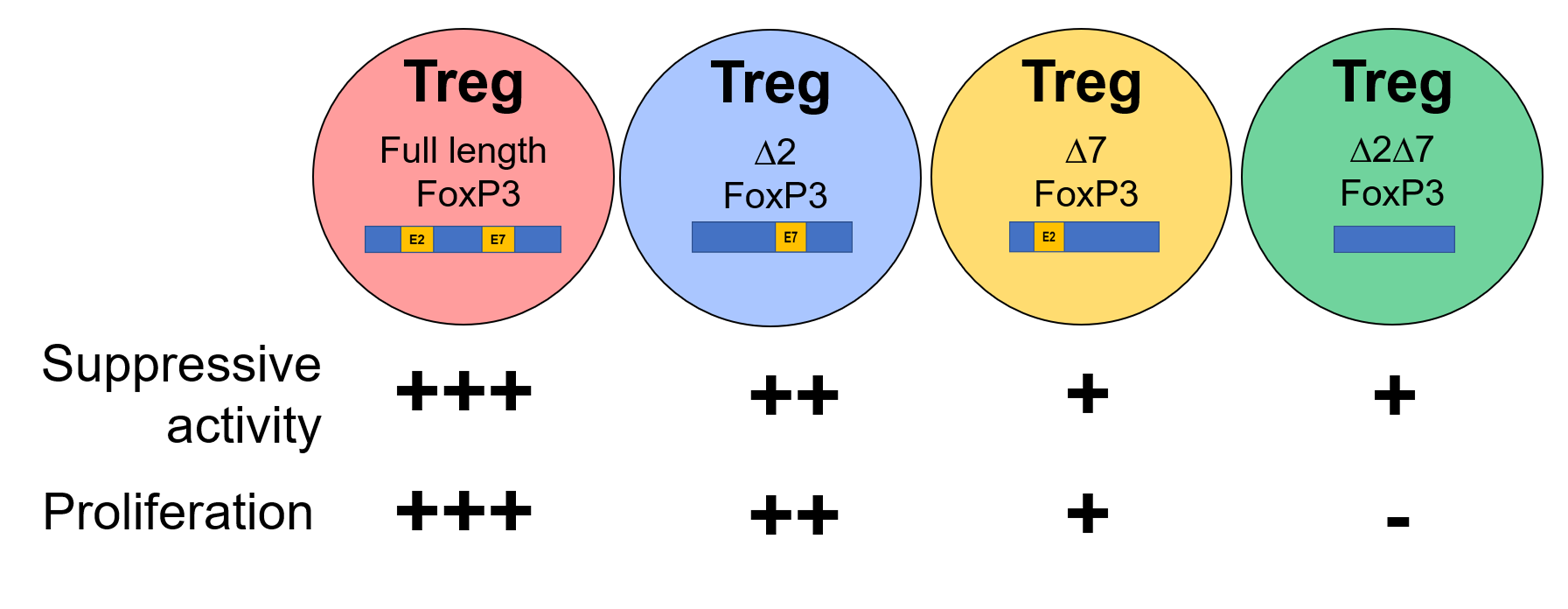Massive study identifies new biomarkers for renal cancer subtypes, improving diagnosis and— eventually—treatment
Michigan Medicine - University of MichiganA new study led by University of Michigan Health Rogel Cancer Center researchers identifies novel biomarkers in renal cell carcinomas.











































